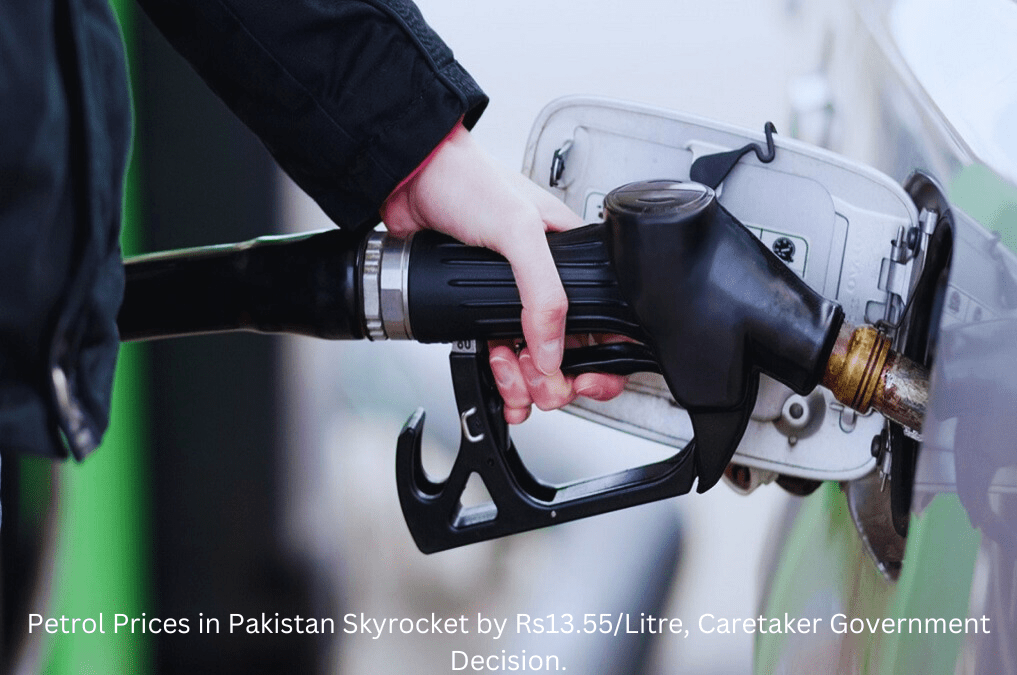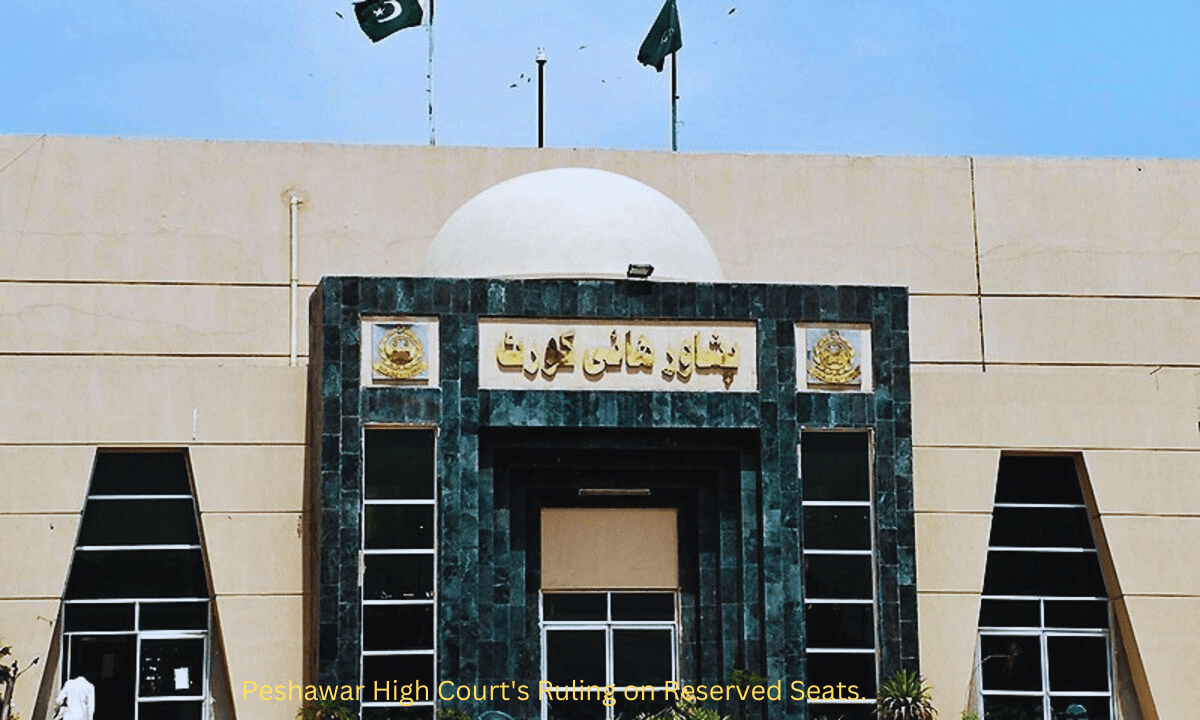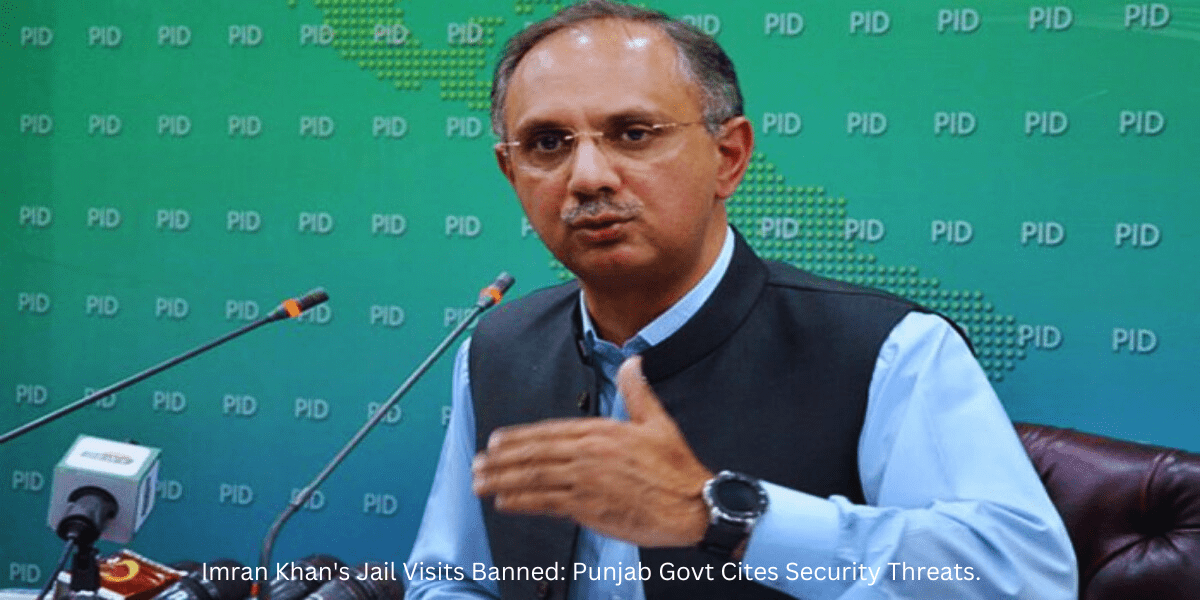
The recent petrol price hike in Pakistan, authorized by the caretaker government amidst escalating tensions in the Middle East, reflects the volatile nature of global energy markets. With a significant increase of Rs13.55 per litre, consumers are facing immediate financial strains, impacting transportation costs and household budgets. While the decision aims to address economic challenges, it underscores the nation’s vulnerability to international geopolitical events. Moving forward, sustainable strategies for energy security and affordability must be prioritized to mitigate the impact of such fluctuations on the Pakistani populace.
Petrol Price Increase in Pakistan
In a move that has sparked widespread concern and economic repercussions, Pakistan’s caretaker government has announced a significant increase in petrol prices. This decision, influenced by recommendations from the Oil and Gas Regulatory Authority (OGRA), comes amid escalating tensions in the Middle East, particularly with regards to Israel’s actions in Gaza.
Caretaker Government’s Decision
The caretaker government, tasked with overseeing the country’s affairs during the interim period between administrations, has approved a substantial hike in petrol prices. Effective from February 1, the price per litre of petrol will increase by Rs13.55. This decision reflects the government’s response to volatile global energy markets and aims to address economic challenges within Pakistan.
OGRA’s Recommendation
The Oil and Gas Regulatory Authority (OGRA), responsible for regulating the petroleum sector in Pakistan, played a pivotal role in recommending the price adjustment. OGRA’s expertise and analysis of market dynamics contributed to the caretaker government’s decision to implement the price hike.
Impact on Consumers
The increase in petrol prices will have a direct impact on consumers across Pakistan. With transportation costs expected to rise significantly, households may face financial strain as they adjust to the higher fuel prices. This development underscores the importance of energy affordability and security for ordinary citizens.
High-Speed Diesel and Kerosene Oil
While the focus has primarily been on the petrol price hike, adjustments have also been made to the prices of high-speed diesel and kerosene oil. High-speed diesel will see an increase of Rs2.75 per litre, while kerosene oil prices have been decreased slightly.
Regional Context: Middle East Tensions
The decision to raise petrol prices occurs against the backdrop of ongoing tensions in the Middle East. Heightened conflict and instability in the region, particularly related to Israel’s military actions in Gaza, have contributed to concerns about energy security and market stability worldwide.
The increase in petrol prices by Pakistan’s caretaker government reflects the complex interplay between global geopolitical events and domestic economic considerations. While aimed at addressing immediate challenges, this decision highlights the need for sustainable energy policies and long-term solutions to mitigate the impact on consumers and ensure stability in the face of external pressures.




Leave a Reply